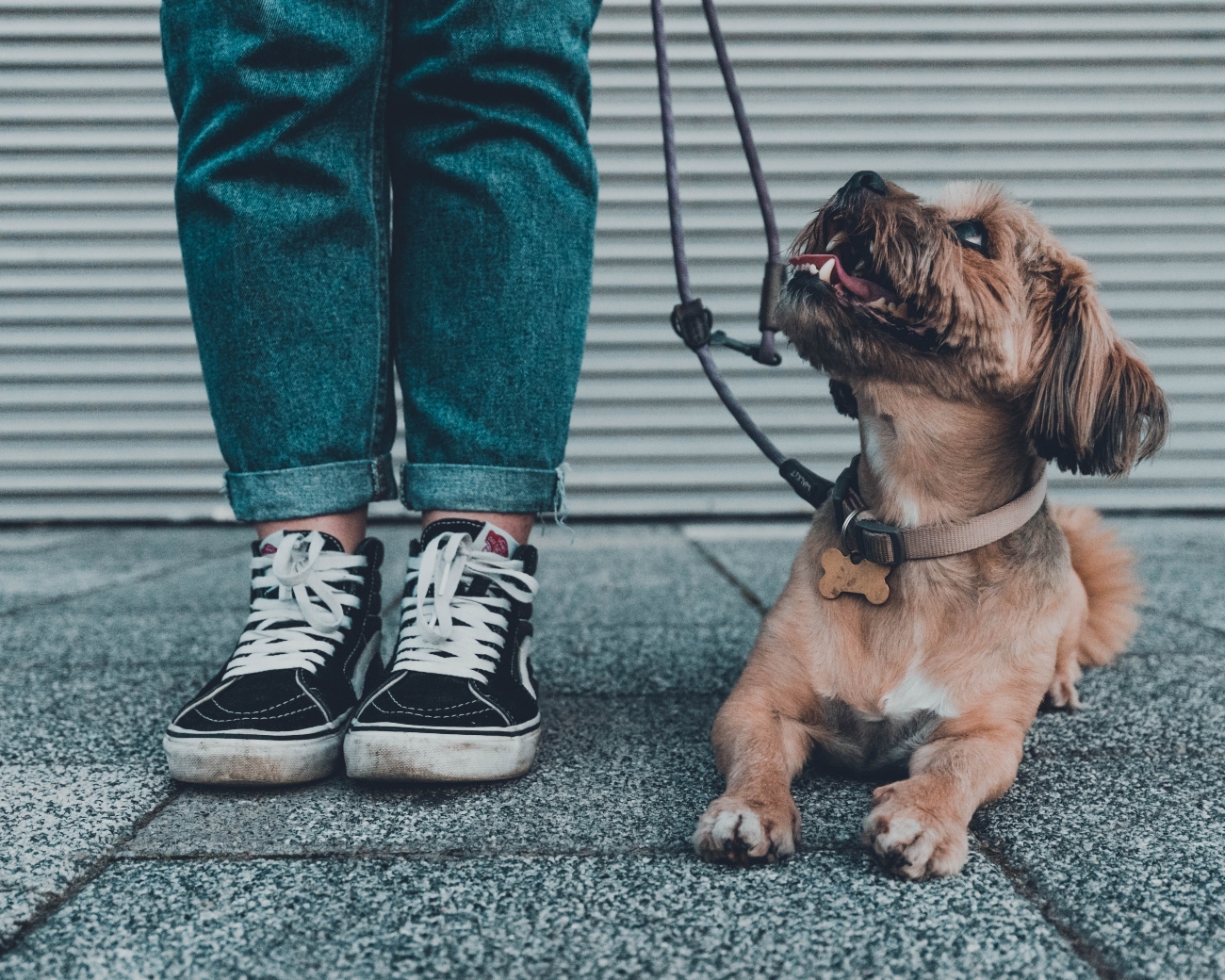
Slow walking may be sign of dementia in older dogs
21st July, 2023
Dogs who slow down physically also slow down mentally, a new study suggests.
Researchers at North Carolina State University said that based on the findings, measuring gait speed in senior dogs could be used to monitor their health and to record decline in their neurological function as they age.
“Walking speed in people is strongly associated with cognitive decline,” said Natasha Olby, corresponding author of the study. “We hypothesized that the same might be true in dogs.”
Olby and her colleagues measured gait speed in 46 adult and 49 senior dogs by offering the dogs a treat a short distance away and calling them to retrieve it off the lead. The adult dogs, who served as a control group, only had their gait speed measured. The senior dogs also took part in cognitive testing and their owners completed a cognitive assessment questionnaire.
“Capturing gait speed off leash lets us see the effects of both physical ability and food motivation,” Olby explained.
The researchers found that the senior dogs — those in the last 25% of their expected life span — moved slower than adult dogs, regardless of relative size.
Senior dogs who moved more slowly had more severe levels of cognitive decline based on the owner-completed questionnaires and also did worse on the cognitive testing.
Joint pain did not seem to correlate with walking speed, the researchers noted.
“Mobility relies heavily on sensory input, central processing and motor output — in other words, the nervous system — as a result, mobility and cognition are super interconnected,” Olby said. “When you have less mobility, the amount of input your nervous system gets is also reduced. It’s not surprising that walking speed and dementia are correlated.”
As the method of testing used in the study is easy to replicate, it could become a simple screening test for vets to perform on senior dogs.
This Petwise guide explains the signs of dementia to watch out for in older dogs and how you can help care for your dog after diagnosis.